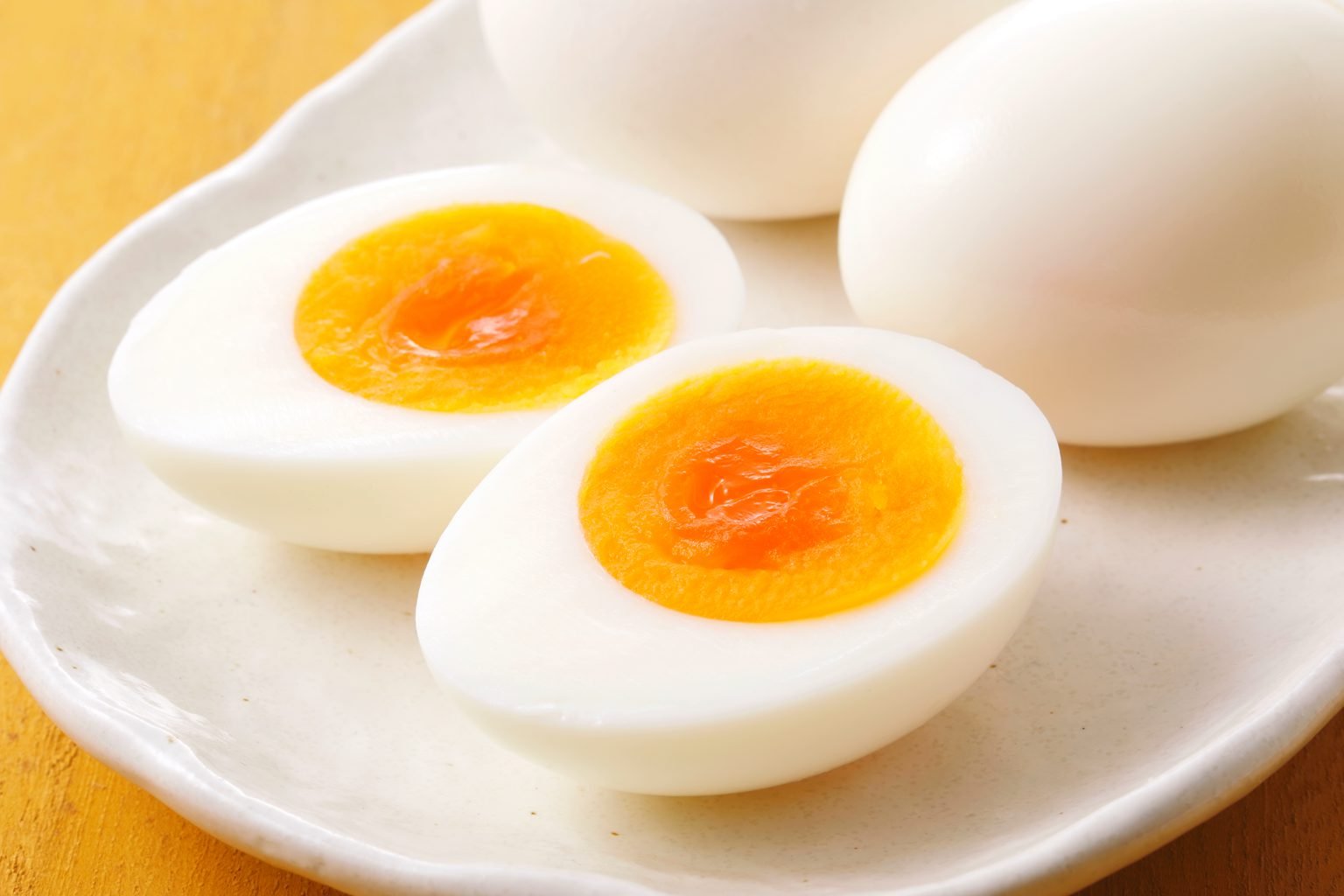Boiled eggs might just be one of the easiest, most nutrient-packed foods you can add to your breakfast routine. Whether you’re rushing out the door or savoring a slow morning, these simple eggs offer a delicious and wholesome boost without any fuss. But how healthy are boiled eggs, really? Let’s crack open the facts together.
Nutritional benefits of boiled eggs for a protein-rich breakfast
Spreading out your workouts during the week leads to greater strength gains
A single large boiled egg contains about 72 calories, making it a low-calorie option that doesn’t skimp on important nutrients. It provides nearly 5 grams of fat and approximately 1.5 grams of saturated fat, but more importantly, it’s packed with valuable vitamins like vitamin A, several B vitamins, riboflavin, folate, iron, and zinc.
One of the standout nutrients in boiled eggs is choline. This mineral is crucial for brain health as it supports neurotransmitter production that helps with muscle movement and cognitive function. Pregnant women especially benefit from foods rich in choline since it supports fetal brain development.
Plus, boiled eggs are an excellent source of high-quality protein, with around 6 to 7 grams per egg. Protein plays a vital role in muscle repair and growth, energy, and overall health. However, depending on your weight and activity level, you might need more protein than what eggs alone provide. For example, an active adult weighing 180 pounds should aim for about 65 grams of protein daily, and athletes or pregnant individuals require even more.
How often can you enjoy boiled eggs in a healthy diet?
Why you shouldn’t open your bedroom window at night—experts explain
So, how many boiled eggs can you eat without worry? For most people, consuming two to three large boiled eggs daily fits perfectly into a healthy, balanced diet. Eggs deliver protein and essential nutrients without excessive calories or fat, making them a great choice for those who want to stay on top of their nutrition.
Remember, though, variety is key. Nutrition experts recommend mixing up your protein choices to include lean meats, poultry, and plant-based options like lentils, beans, tofu, and seeds. This approach helps you get a wider array of vitamins and minerals and keeps meals interesting.
Eating a rainbow of fruits, vegetables, whole grains, and healthy fats alongside your protein sources will round out your diet and keep your body fueled and satisfied.
Boiled eggs and cholesterol: what you really need to know
If you have high cholesterol, you might be cautious about eating eggs because of their cholesterol content. One large egg contains about 200 milligrams of dietary cholesterol, mostly found in the yolk.
Neither running nor swimming: the top activity after 60 to boost cardiovascular health
But science tells a nuanced story. Recent studies haven’t shown a direct link between eating dietary cholesterol and having high blood cholesterol or heart disease for most individuals. Instead, experts emphasize looking at your overall diet, especially how much saturated fat you consume. Saturated fat is more consistently linked to high blood cholesterol and heart risks than the cholesterol in eggs themselves.
So, if you’re watching your heart health, focus on reducing saturated fats from foods like fatty red meats and ultra-processed snacks. You can still enjoy boiled eggs in moderation, as part of a balanced diet rich in vegetables and whole foods.
For instance, when I first started my wellness journey, I worried about eating eggs because of their cholesterol. After discussing with a nutritionist, I realized it was more important to watch my entire diet’s fat profile rather than avoid eggs altogether. Now, I enjoy two boiled eggs with a side of sautéed spinach for breakfast most days, and my energy and satisfaction have never been better.
No matter the health topic, always check in with a healthcare provider to find the best approach tailored to your needs.
Have you ever hesitated to eat eggs because of health concerns? What’s your go-to way to enjoy them? Share your thoughts and favorite recipes below — let’s get the conversation going! Don’t forget to pass this along to friends who might find these insights helpful.

I liked boiled eggs sliced on a spinach salad along with other healthy options like sunflower and pumpkin seeds.
Can l eat boiled eggs if am taking statins 10mg simvastatin